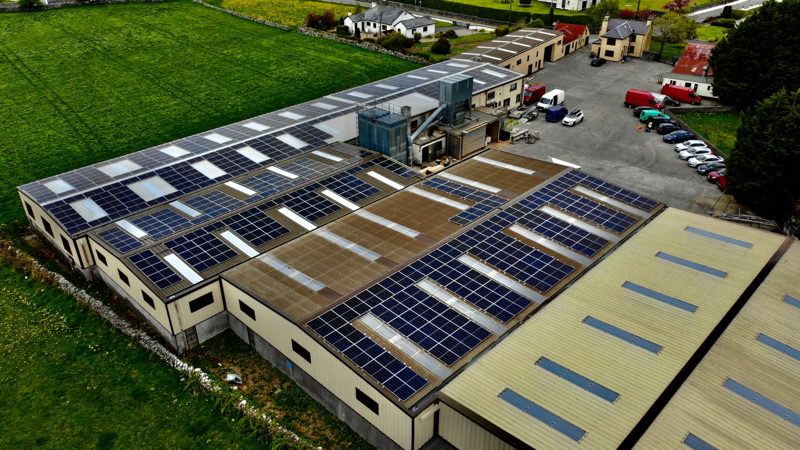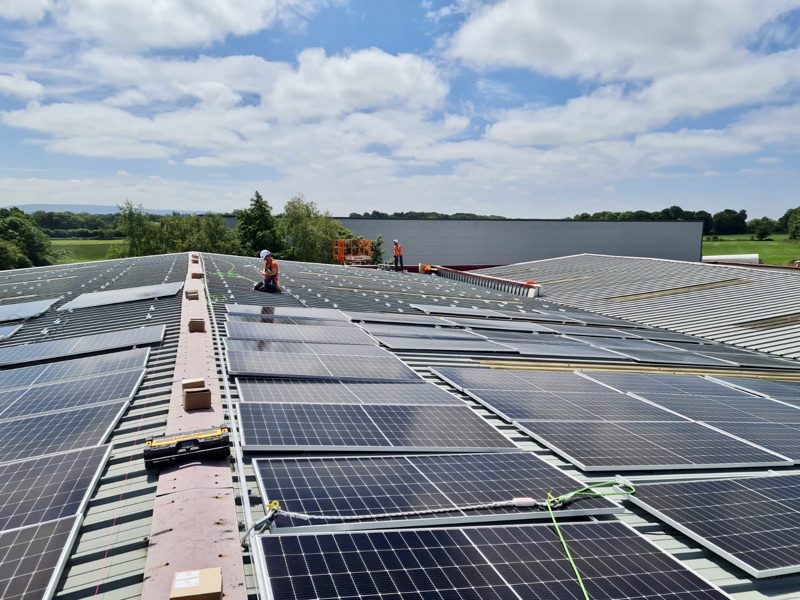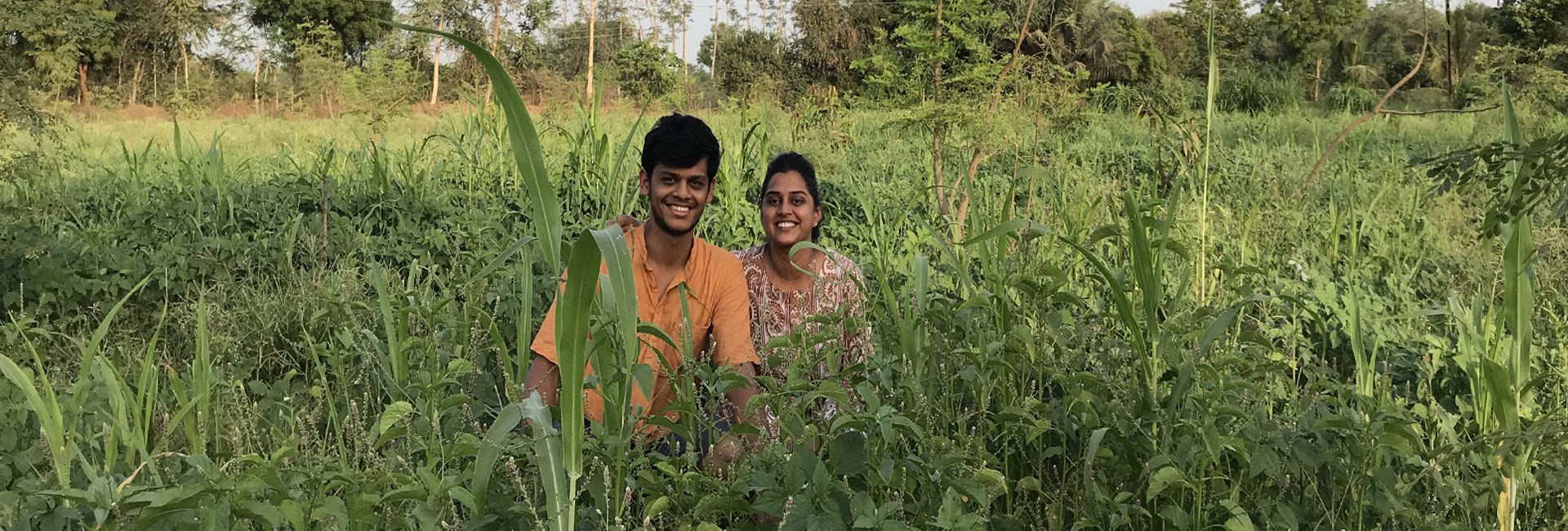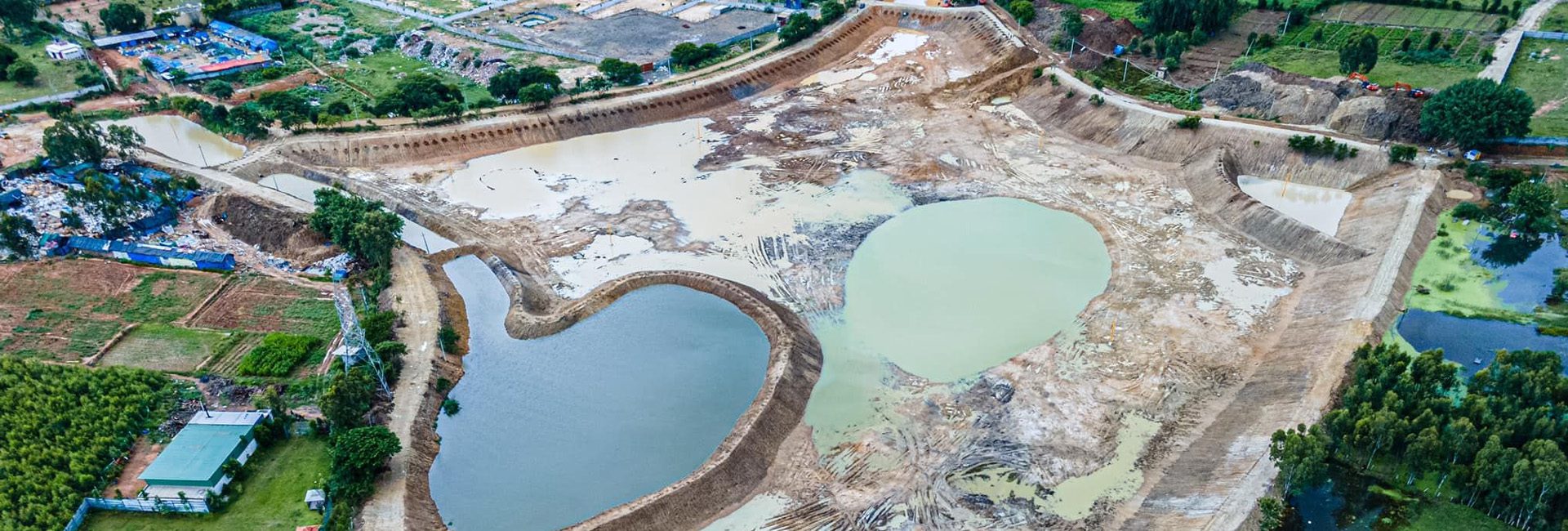(June 9, 2022) Around 2016, India entered the solar power market, with Prime Minister Narendra Modi boosting the industry across platforms. “He made 17 speeches that year,” says Abhilash Borana, founder, Failte Solar. Borana knows the details, for he heard them all carefully, observing what he foresaw would be the next big boom. “I wanted to get into the market – it was an exciting and easy opportunity.” In 2019, Borana, who was in Ireland by that time, founded Failte Solar, a “one-stop shop” for all solar products. Three years after it was founded, Failte Solar is one of Ireland’s fastest-growing online wholesale stores, making leaps in the country’s journey towards zero net carbon emissions. Headquartered in Shannon, the company works working with over 30 companies in Ireland, China, US, Germany and more and distributes to Czech Republic, parts of Spain and Italy. In 2022, Borana made it to the coveted Forbes 30 under 30 – Europe, with a projected revenue of over $16 million, a target, he says, the company is likely to exceed.

Abhilash Borana, founder, Failte Solar
In the worldwide battle against climate change, access to renewable sources of energy is crucial. However, while there are macro efforts – for instance, India has invested over $70 billion in the solar industry since 2014, individual and commercial participation remains relatively low. “India is the world’s third most attractive renewable energy market,” Abhilash agrees. “The Indian government is bringing solar energy to government buildings but India needs to open up to the residential and commercial rooftop market as well.” In Ireland, he explains, there is a definitely supply problem – people wait over a year to receive their products. That’s the gap he hopes to fill, to encourage more individual and local efforts to switch to renewable energy. “Energy efficiency and conservation are vital – we need better automobiles and better heating and cooling systems, which impact our use of natural gas and fossil fuels. Solar energy, electric cars and air and water heating are the way of the future,” he says.
Law school to entrepreneurship
Born and raised in Jodhpur, Rajasthan, Borana graduated from law school in Ranchi with a bachelors and LLB honours. He went on to work at the Rajasthan High Court under the mentorship of Justice Rekha Borana. “I didn’t like being a lawyer,” he says. “That life was just not for me.” So, he packed up and moved to Ireland for a master’s degree in international commercial law. And he knew always, that he would also do business there. “I chose Ireland over universities in UK and Australia, because if I’m doing business here, I’m doing it with 28 countries because the EU has a free and open market.”

Failte Solar’s panels are installed across Ireland and Europe
Growing up in a family with a strong bent for business, entrepreneurship was almost a given for the young lawyer and he researched everything from handicrafts to renewable energy. “Solar power was an attractive prospect to me. There was growing demand and governments were promoting it too.” His prediction that demand would skyrocket also proved accurate. “If you want to buy a solar panel container, the waiting time is something like a year.” Funding was tough and so was the fact that he was a foreigner trying to sell the locals a very expensive product. “That influenced my decision to get into distribution,” he says. He travelled extensively during the initial phase of research, visiting exhibitions in Germany and other parts of Europe. The most defining trip of all, however, was the month he spent in China in 2019.
Once upon a time in China
There, doing the rounds of factories that produced everything from solar powered batteries to inventors, he acquainted himself with the “Chinese way of doing things, which is completely different from what I knew. They are available 24/7 for a customer, the best hosts in the world. If you go there on a business trip, they make you feel like a king. It’s very inspiring. If I want something, I can email them and they will chase me after that.” He even attributes his success in part to the time he spent in China and the “guidance, teaching and support” he received there.
That year, in 2019, he started building the business, with initial funding from his family. “I also started applying for grants. I ordered one container, sold it, then ordered another. It’s business growth – that’s how Failte Solar was built up.” He didn’t grapple for investors either, confident (rightly so) in his own skills as an entrepreneur. “I would have liked a couple of investors but they didn’t meet my demands,” he explains.

The expansion agenda
Today, Failte Solar is looking at major expansion plans, with an annual target that is $15 million more than last year. “We are nearly there already,” he smiles. “And there’s still lots of 2022 left.” The company targets residential and smaller commercial customers, while larger businesses tend to go straight to the manufacturers. “We have found a way to help the environment and help people save money,” he says. Through solar power, he also found a way to get people involved in the process of sustainable living – “You can’t install a windmill at home, or set up a hydroelectric project. But anyone can use solar panels.”
Looking back on his journey, the biggest challenge, he says, was financing. Even so, he was determined not to let that drive his idea, which he knew had great potential. It’s even his advice to young people: “Simply follow the process. People have an idea but won’t see it through to execution because they realise how much money they need to get going. That is a mistake.” It was a mistake he had no intention of making – when Borana founded Failte Solar, he was determined not to go looking for money. “I just created the platform. The money followed on its own,” he says. “If I want to make a million, there is a process to follow. If do so, I will get that million.”
- Follow Abhilash Borana on LinkedIn



